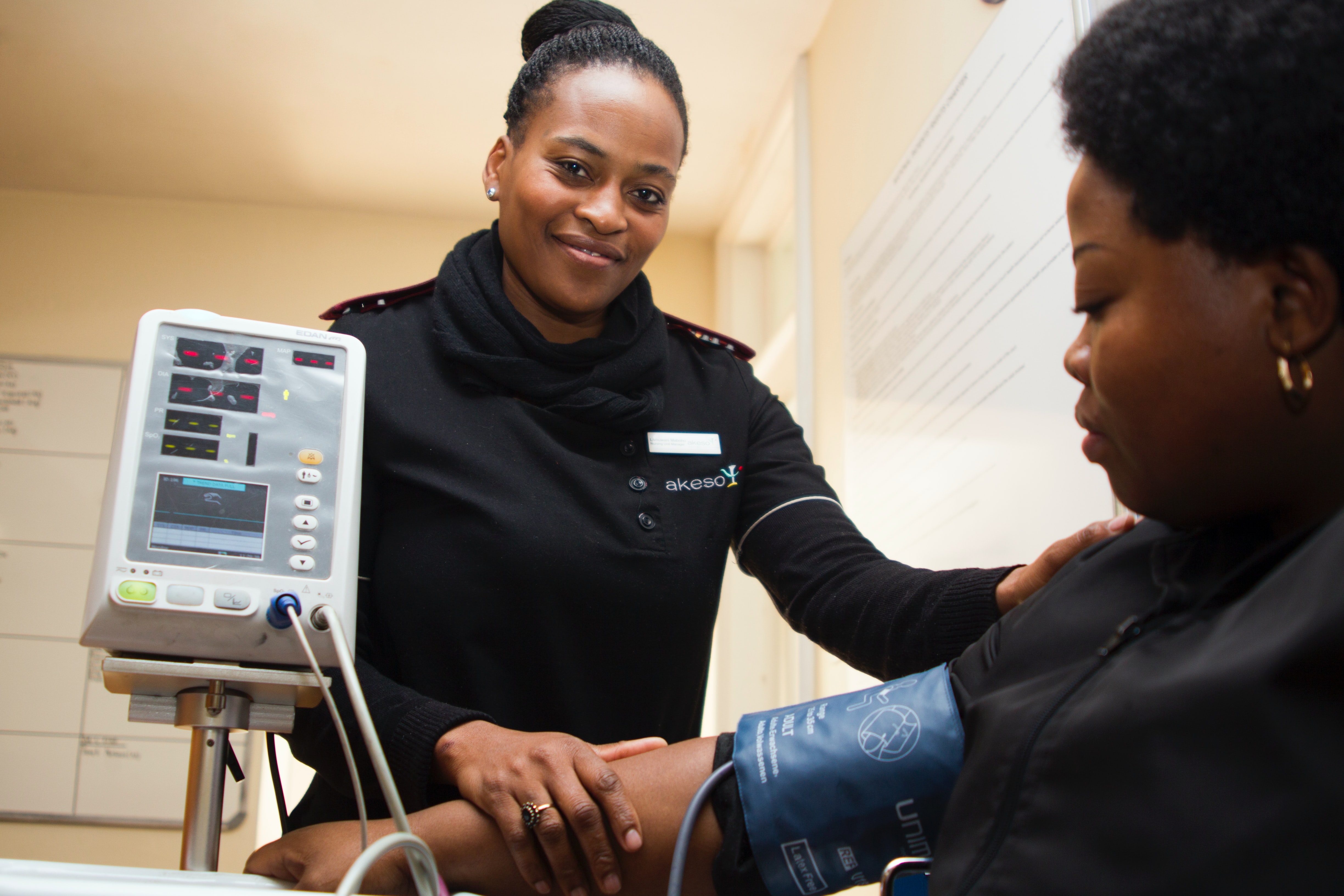Heart & Cardiovascular
Portal Hypertension: What are its Symptoms, Causes, and Treatment?
By S.I. (staff writer) , published on November 15, 2022

Medicine Telehealth Health hypertension liver
What is Portal Hypertension?
Portal hypertension is an increased blood pressure within the portal venous system. The portal vein is formed by veins from the stomach, intestine, spleen, and pancreas, which then branch into smaller vessels and travel through the liver. Blood cannot flow adequately through the liver if the liver’s arteries are obstructed due to liver disease. As a result, excessive pressure builds in the portal system.
What are the Symptoms of Portal Hypertension?
The beginning of portal hypertension is not usually accompanied by particular symptoms that show what is going on in the liver. However, if you have liver disease that progresses to cirrhosis, you are more likely to develop portal hypertension.
The following are the primary signs and complications of portal hypertension:
- Ascites, which is a buildup of fluid in the abdomen [1].
- Decrease in platelets, blood cells that aid in the formation of blood clots, or white blood cells, which fight infection
- Gastrointestinal bleeding characterized by black, tarry stools or blood in the stools, or blood vomiting caused by various spontaneous rupture and hemorrhage
- Poor liver function leads to problems like encephalopathy, confusion and forgetfulness.
What are the Causes of Portal Hypertension?
Cirrhosis of the liver is the most common cause of portal hypertension. It is scarring that occurs because of the healing of liver damage caused by hepatitis, alcohol, or other less prevalent causes of liver disease. Cirrhosis is one of the most common causes of portal hypertension [2].
Other causes of portal hypertension include blood clots in the portal vein, blockages in the veins that transport blood from the liver to the heart, schistosomiasis, a parasitic infection, and focal nodular hyperplasia, a disease observed in patients infected with HIV, the virus that can lead to AIDS. The cause is sometimes unknown [3].
What is the Treatment for Portal Hypertension?
Depending on the cause, portal hypertension may or may not be reversible. Portal hypertension can improve and occasionally resolve over time if there is an infection or a blood clot that your healthcare professional can treat with medication. Significant scar tissue, such as cirrhosis, will usually not reverse and cause persistent portal hypertension. Most treatments are focused on treating the consequences of portal hypertension.
Treatment options include:
1. Endoscopic treatment:
This is usually the first line of treatment against variceal hemorrhage and consists of banding or sclerotherapy.
Banding is a surgical treatment in which a gastroenterologist uses rubber bands to close off a blood vessel to stop bleeding.
Sclerotherapy is a method that is used to control bleeding when banding cannot be performed. It is a procedure in which a blood-clotting solution is injected into the bleeding varices [4].
2. Medications:
Nonselective beta-blockers (nadolol or propranolol) can be used alone or with endoscopic therapy to minimize varices pressure and hence the risk of bleeding. Nonselective beta blockers are also used to prevent the initial variceal hemorrhage in patients with varices who are thought to be at risk of bleeding.
Esophageal variceal banding has also been used for this purpose, particularly in patients who cannot take beta blockers.
Lactulose, a medication, can help cure confusion and other mental abnormalities caused by encephalopathy. Fluid retention can be treated using diuretics [5].
References:
- https://www.cmaj.ca/content/174/10/1433.short
- https://www.researchgate.net/profile/Beata-Kasztelan-Szczerbinska/publication/299226434_PATHOPHYSIOLOGY_OF_PORTAL_HYPERTENSION/links/5a0f26f00f7e9bd1b2bdbee6/PATHOPHYSIOLOGY-OF-PORTAL-HYPERTENSION.pdf
- https://link.springer.com/article/10.1007/s11894-020-00792-0
- https://www.thieme-connect.com/products/ejournals/abstract/10.1055/s-2007-1007131
- https://link.springer.com/article/10.1016/j.gassur.2004.09.028
Find articles related to: Medicine Telehealth Health hypertension liver
More articles about Heart & Cardiovascular
Back to the Health Tips Index




